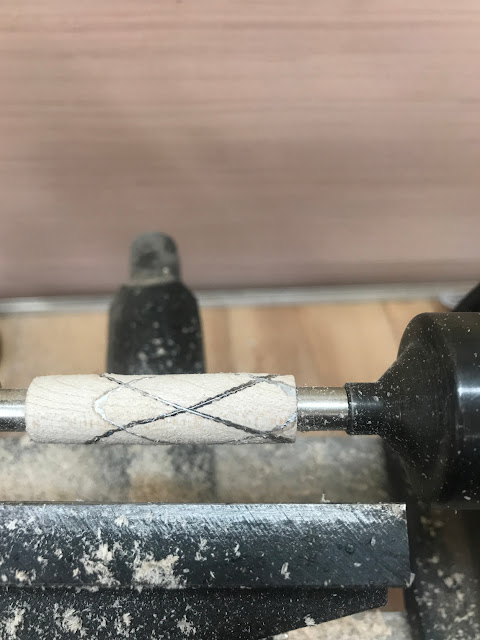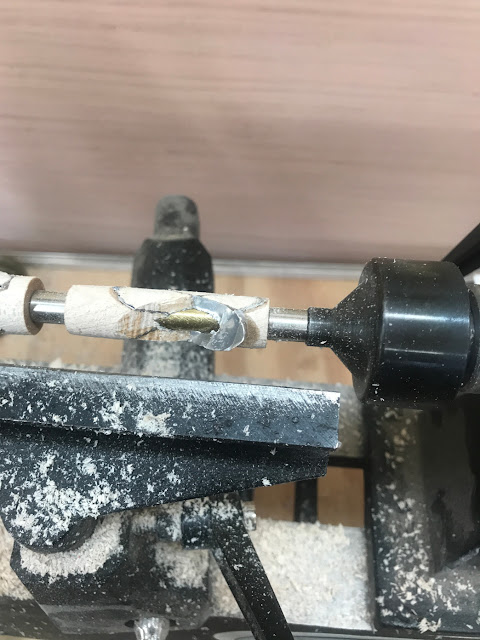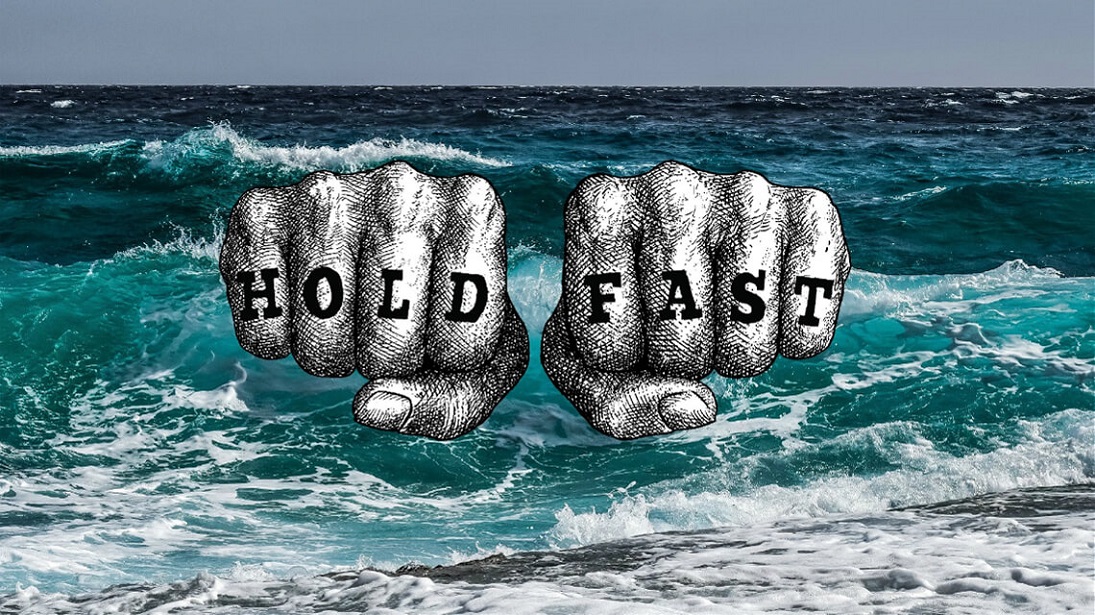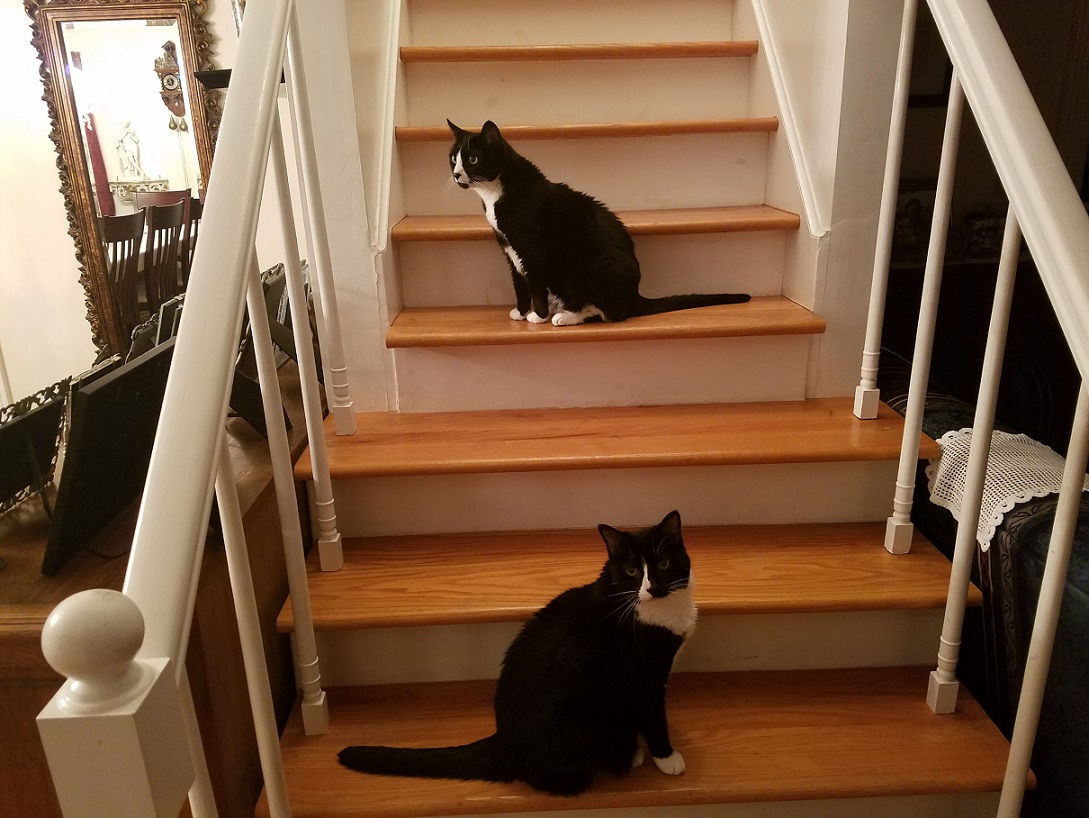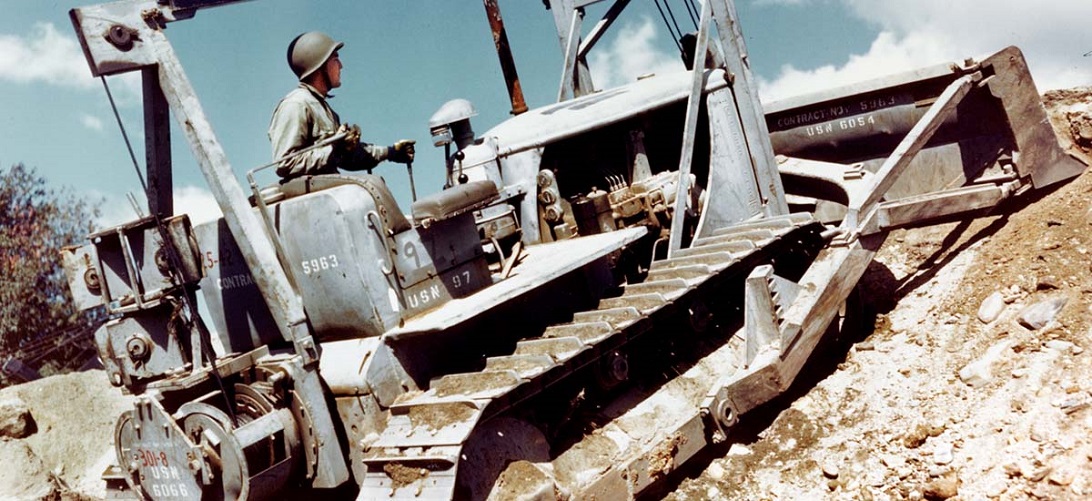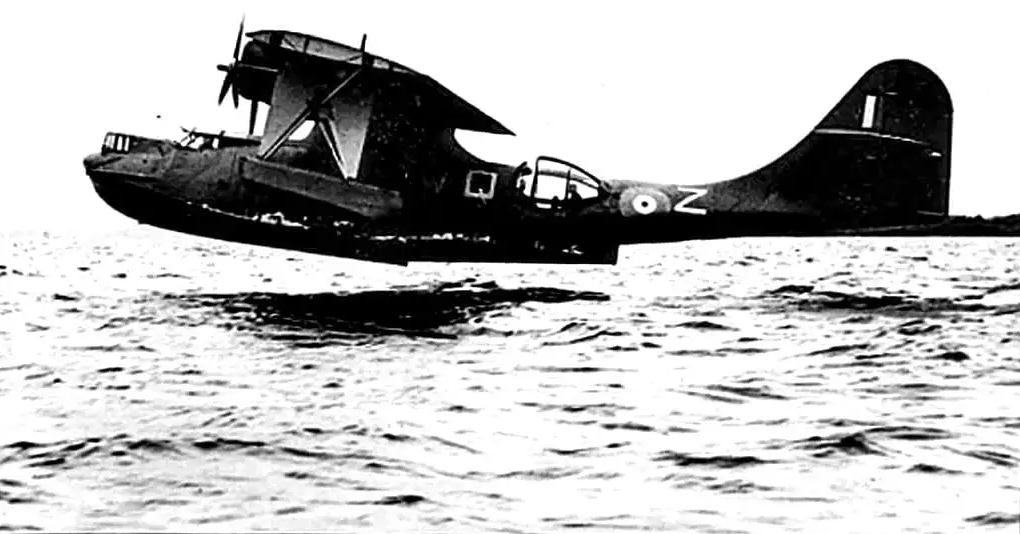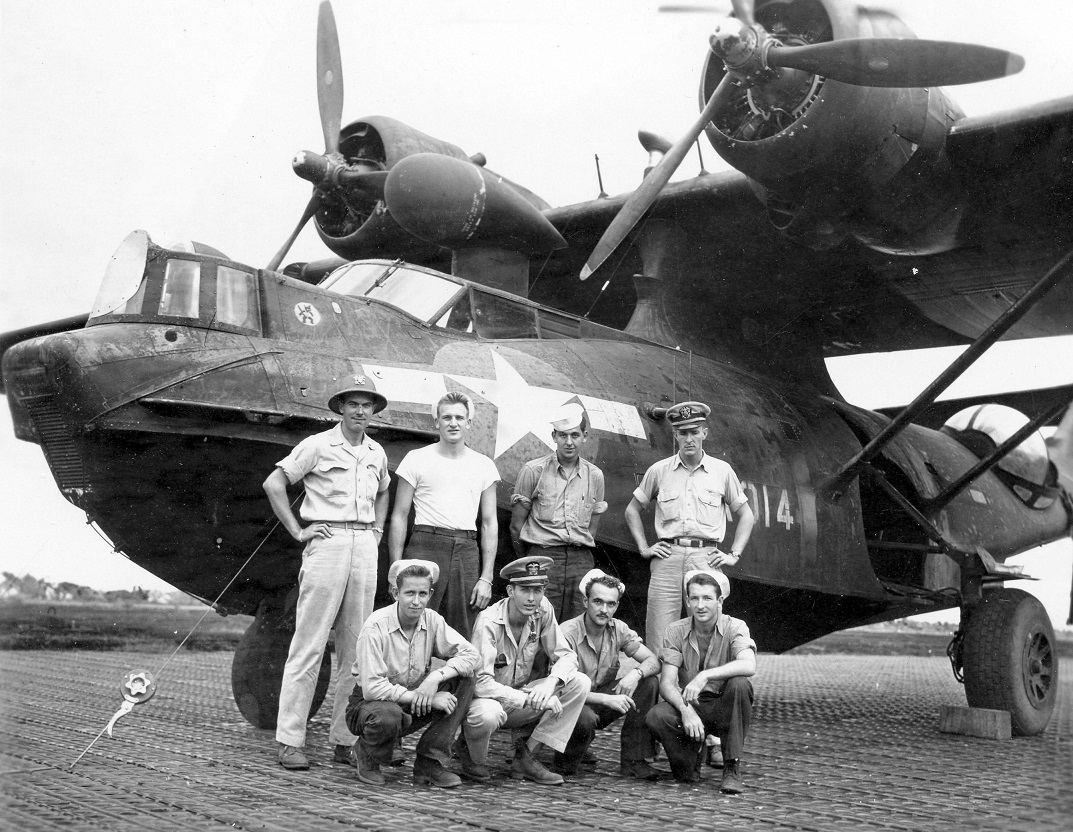Holy Cow! Is February the longest month of the year or what? Sure seems like it down here. I also was going to kvetch about the weather, but since some of you dear readers are in the Northern Midwest and Snowmaggedon has descended upon you, prudence encourages me to avoid that subject.
But...I had to wear a sweater to Church this morning, it was 58o but the forecast is for more Texas Winter Weather this week. Highs are forecast in the 80's, I'll probably carry the sweater with me just in case I get the chills.
The saying is true. "If you don't like the weather in Texas, wait a minute, it'll change."
On a similar note, it sure does look like an awful lot of people have decided to make Texas home lately. Lots of out of state plates and a lot of those are expired.
AOOOOGGAAAA! Rant warning ahead!
Folks, you left that other state because you didn't like something about it. Fine, Welcome! Two things. First, Register your vehicle in your new state. Roads ain't free.
Second, Never, Ever, start a conversation with this opening line, "Well, Back in (insert old state name here), we did things this way."
WHOGAS? You left because you didn't like the way things were. Why do you think we didn't choose to live there?
That happens quite a bit more frequently than one would think. Enough that somebody is making a fortune selling this T-Shirt.
Ok, got that out of my system, feel much better now. Thank you.
On the Techie side of things, my good buddy, Elon, kinda let me down over the last few weeks. Man, it doesn't take long to get really, really used to ~100MBPS up/download rates. Then, much like crack cocaine (from what I've heard), the cold turkey part is really painful. Seems my StarLink Router went kerplunk. No lights, no power, no nothing. Yes, we've got a backup wireless access account, but 4 MBPS just ain't the same.
To make matters worse, filing a trouble ticket is done online. See a problem yet? So, we finally get the trouble ticket filled out and submitted. Then we wait, a week, 10 days...Resubmit the trouble ticket with a bit more trouble shooting info. (We actually stuck a voltage draw meter on the Router. It wasn't drawing any power at all. ) That was added to the ticket. Then we wait...another week...10 days. Finally, a very nice person named Maddie answers the ticket and asks me to photograph the router and power panel and attach the pics to the ticket.
 |
Interestingly, the front cover is a map of the Earth, Moon and Mars (or so I was told). There are no lights on this face of the router. The only light on this entire router is underneath and is the size of a pinhole. Easily missed when it is not functioning.
|
Believe me when I say, attaching multiple pictures to a trouble ticket from an old, soon to be replaced, iPhone, is very much my definition of "Fun".
With a NOT in front of it.
However, that round at least got an answer from them about solving the problem.
"The Router is Dead." November Sierra, Sherlock!
Sarge has tender ears, had to clean up what I meant to say.
In the e-mail, she said she'd be sending a replacement router and we should send the broke one back. All well and good, however, it's been another week and no presents in the mail...
UPDATE: Behold the power of the Chant!
Sarge even has power over the Post Office! I know what I'm going to be doing for the next couple of days.
So, to switch subjects to the main attraction in our life, Miss B had a bit of a downturn since last we spoke. She's been primarily consuming formula and doing a pretty good job of taking it from a bottle rather than a feeding tube. All well and good.
However, over the last couple of weeks, she's been having some prodigious "spit ups". Initially, we thought it was just that she was overdoing the amount ingested. However, the episodes got more regular and more importantly, her weight was going down.
The latter is "muy no bueno". LJW brought the issue up with her local pediatrician who recommended a different baby formula. Apparently not available in our area, LJW had to drive half way to San Antonio to find some of that version. Little Juvat, managed to find some online (he's 14 hours ahead, so awake while we're sleeping) and get some delivered the next morning. Nice "Around the World" save!
Miss B seems to be doing better with the new stuff.
But as one can see, it's been a bit tense around here. I have managed to make it out into the wood shop a bit. Current project of interest is turning Pens. A while ago, I had seen a video of a guy that managed to put a Celtic Knot on a pen and made it look easy.
So...I thought I'd give it a try. I cut the blank and inserted the soda can aluminum strips in as instructed. Glued them up. Got it mounted on my lathe. Got to turning and burning with the tools, but the lathe seems to be turning a bit slow.
OK, juvat, time to cool the Fighter Pilot "kill 'em NOW" mentality and relearn that patience thing. So, I'm taking very small cuts and it's taking a while, but I'm making progress.
Looking pretty good if I do say so myself. Yes, Beans, my elbow is a bit sore from patting myself on the back.
Just as I'm thinking this isn't that difficult, I feel the lathe give a lurch and the gouge is now "hard to hang on to." I pull it off the tool rest and hit the power switch. The blank comes to a complete halt.
Several bad words were spoken over the next few minutes.
Well, the guy on the video did say "Don't skimp on the Glue". I think the problem was I had used two pieces of the soda can in each of the cuts because one strip was just too thin. I'm pretty sure that where it came apart was a section where I "skimped on the glue". Not intentionally, but I don't think the glue got sufficiently between the two pieces to adhere them securely to each other as well as to the blank.
Live and learn. So...I'm about to start Celtic Knot Pen V 2.0. It's going to be a Purpleheart Blank with the inserts being cut from remnants of the white wood blank from V1.0 of the Knot.
 |
The inserts will go in where the X is to the left of the label. Each one will go in from the top left to the bottom right, one on each side.
|
I figure this will solve two of the problems I had from V1.0. One, I
can cut the inserts to fit in all three dimensions (L-W-D) rather than
the two the can provided (effectively no depth to fill the slot). Second, I will use plenty of Glue. I think
I'm going to use wood glue rather than CA glue, primarily because I'm
using it on wood for both pieces and, also, I got real tired of having to
use nail polish remover on my fingers to get them apart.
Oh, and why did the lathe seem to be turning slowly? Well, the cheat sheet I'd made and hung on the wall behind the lathe to facilitate my setting it up for the proper RPM was backwards. So the lathe was doing exactly what I'd told it to do.
See...who says Fighter Pilots can't learn from their mistakes? (In the rare instances that they make them of course.)
Peace out, y'all!
 |
| Can't we all just get along? |







